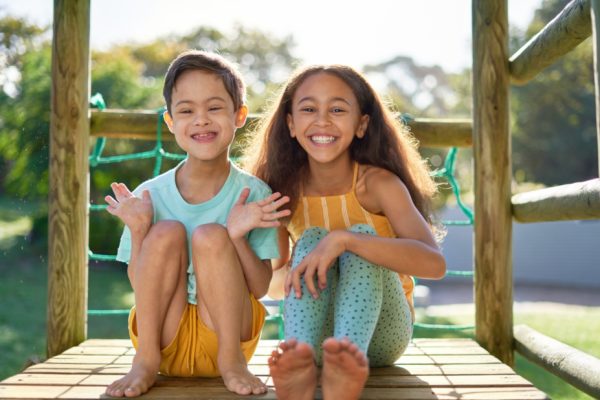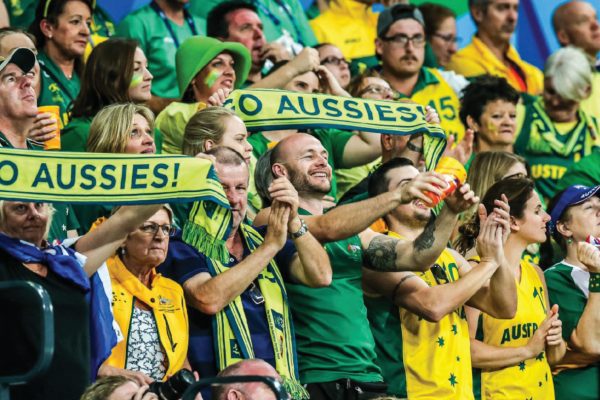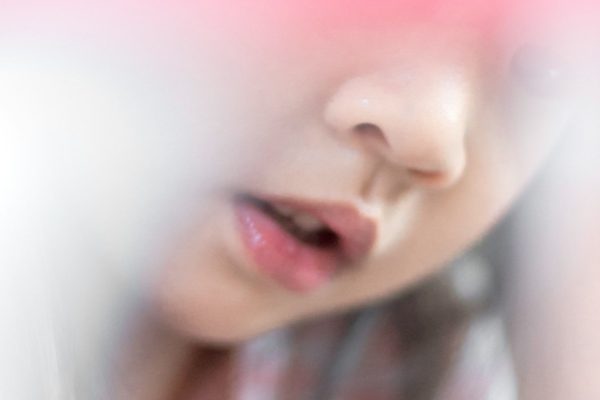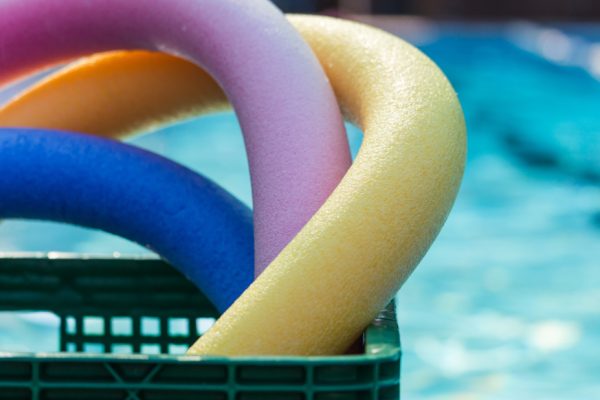
Acing Australian of the year 2022
By Rebekah Devlin
When Dylan Alcott’s name was announced on January 25, it set the tone for what has been a momentous year for people with disability. Dylan reflects on a very big 2022 and shares his dreams for what lies ahead.
What was that moment like when you were named Australian of the Year 2022? Was it excitement, relief, nervousness, terror? When did the enormity of what it meant hit you?
I was shocked! I was mid-way through the Australian Open and being named AOTY was the last thing on my mind, so I was incredibly humbled. At the time, I had to get straight back on a plane to make my AO final, so it certainly took a few weeks to sink in. I think it still is, to be honest, however as I said in my speech, it doesn’t change me or what I’m about. I’m the same Dylan I was the day before I was awarded, and the day after.
Our social media blew up when you were announced. Could you feel the disability community’s absolute joy and pride in your success?
The response from everyone from all communities was overwhelming and had you told 14-year-old Dylan this would be happening, he certainly wouldn’t have believed you. The incredible support from the general public has been a huge driving factor for me to continue striving for change, especially for us in the disability community.
Does the “responsibility” of representation and being a high- profile person with disability weigh heavily sometimes?
It does. You can’t do everything or advocate for everything, unfortunately but my team reminds me, and I remind myself, all I can do is my best. It’s been important to me to continually come back to my passion and purpose to ensure I am not letting all responsibilities fall on me, only those I can control.
“There is an incredible life out there and embracing your difference and disability is what will bring you the greatest happiness and opportunities.”
How did you approach the year? Did you make a plan for things you wanted to say and achieve?
When I accepted my award, I did set out three key goals:
• A bipartisan guarantee for a fully-funded, demand-driven NDIS.
• Support from the government to ensure people with disability had access to no-cost RATs and PPE.
• More employment opportunities across the board for people living with disability.
Having clear goals proved to be really important, as while receiving AOTY is an award, not a role, the demands for your time and input are strenuous and at times, overwhelming. We as a team took time to come back to our goals when making any decisions, and also reminded each other to have fun in the process and enjoy the incredible honour that comes with being AOTY.
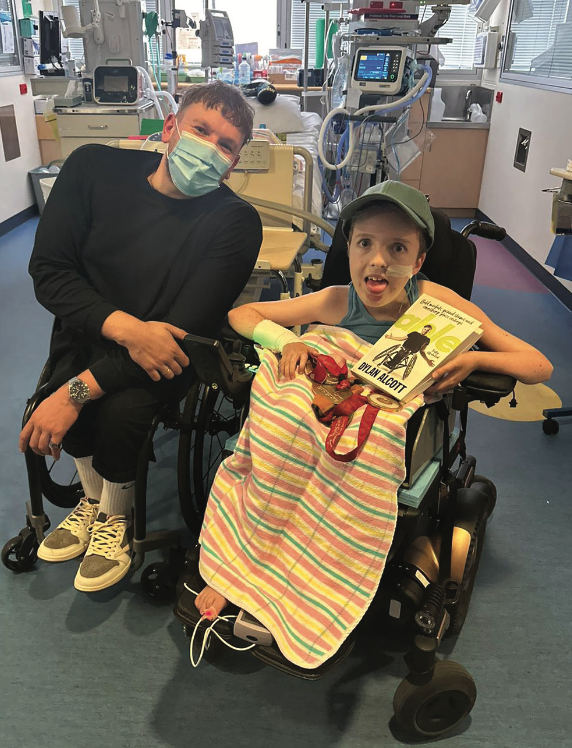
What is the thing you’re most proud of this year?
We’ve done some incredible work throughout our businesses; GSA, ListenABLE, Able Foods and The Field but I can’t get past the work we do at the Dylan Alcott Foundation. We have given out more grants than ever this year and are seeing young Aussies with disability completing university degrees, winning gold medals and pursuing their dreams.
Tell us a bit about the Dylan Alcott Foundation — how it’s helping young people and what you hope to achieve through it.
I started my own foundation to ensure that young Australians living with disability could be provided with the equipment, education or opportunity that I was lucky enough to have growing up via scholarships, which I needed to play sport at an elite level. The DAF has to-date granted over 40 young Aussies and we’re growing quickly. We are diversifying our grant program and doing lots more in the education space with universities, which I’m really passionate about, so watch this space!
What do you think society has learnt about people with disability in 2022?
I hope they have learnt not to underestimate us and our capabilities. And I hope that society continues to broaden their mindset in terms of what people with disability can do and will continue to do.
You’ve spoken previously about how you felt about your disability as a kid growing up, you were angry and had very low self- esteem. What do you want to say to our readers, many who are kids with disabilities themselves?
I want to encourage all readers of Source Kids to dream big because anything is possible. I was lucky enough to have a very supportive family and as I got older, incredible friends who encouraged me to work hard towards my goals. With goals come hard work and at times, voices inside your head that can feel dominating and overwhelming; remind yourself that it’s okay to feel this way and please speak up.
I wish I had vocalised how I was feeling earlier, because the support is out there, you just have to ask for it.
What do you wish you could tell teenage Dylan?
Stop playing video games and eating Doritos and start living! There is an incredible life out there and embracing your difference and disability is what will bring you the greatest happiness and opportunities.
What was your reaction to Kurt Fearnley’s appointment as chair of the NDIA board?
I’m stoked for him. He is one of the hardest workers I know and so I have complete faith that he will apply his knowledge and lessons, combined with incredible leadership skills to the role. One of my favourite things about Kurt is his ability to listen and I believe this will be integral for him in leaning into our community and making changes based on demand, rather than policy.
During the Federal government’s Jobs Summit, you suggested allowing people on a disability pension to earn more in paid employment. What was the reaction to this and is it something you will continue pushing to be adopted? Why is employment so pivotal to someone’s ongoing happiness and wellbeing?
The reaction was positive and supported by many in the room. The conversations since have continued in the direction we all want them to go and it’s something we’ll all continue working on, together. Employment is a choice that everyone should have and further support for those who need it to achieve their employment goals, should they have them, is in progress.
You are so busy, with lots of different projects on the go. How do you balance it all?
It’s not I, it’s we. I am extremely lucky to have an incredible team around me who share the same goals and passions that I do. We feel lucky to be doing the work we’re doing and the passion we share continues to stimulate us to work hard.
We hear an acting future may be on the cards — tell us a bit about your aspirations.
As I’m writing this, I just finished my first role in a short film. I loved it! I’m also playing a part in an animation coming out soon, too. It’s an industry I’ve always been interested in, and I’d love to see more representation on our movie screens. I’m not sure if I’ll be any good at it, but I’m taking lessons. I’ll try my best and we’ll see!
As parents of kids with disability, it can be a tough balancing act in trying to protect our kids, but also allowing them to grow — which means trying and failing at things, and experiencing the world. What advice would you give to parents of kids with disability?
“My only hope would be that kids who connect with what I’m doing and what I’m about, are left motivated to not take no for an answer and be willing to put in the hard work to succeed at whatever they are passionate about.”
I can’t imagine what it was like for my parents. They didn’t know what they were doing but they just tried their best. As I’m not a parent myself, this is all I can encourage parents of kids with disability to do. I do however suggest, where possible, please let your kids speak up for themselves. Express themselves. Being given the opportunity to do this when I was younger, it’s a skill I am forever grateful for as it’s shaped who I am today.
You’ve previously mentioned that you have a lot of family members in a caring role reach out to you at the Dylan Alcott Foundation who are feeling overwhelmed by the constant fight for inclusion and assistance. What is your advice to them?
I don’t think of myself as a role model or someone who is leaving a legacy, however I guess my only hope would be that kids who connect with what I’m doing and what I’m about, are left motivated to not take no for an answer and be willing to put in the hard work to succeed at whatever they are passionate about.
As a foundation, we are there to provide support in the form of grants but also there to support those who need it. My advice would be simply that you’re not doing it alone and the more you talk about it, the more impact we’re going to be able to have, together. Educating people who aren’t aware of what’s required is the first step in the right direction.
What is the legacy you hope to create for young kids seeing your success?
I don’t think of myself as a role model or someone who is leaving a legacy, however I guess my only hope would be that kids who connect with what I’m doing and what I’m about, are left motivated to not take no for an answer and be willing to put in the hard work to succeed at whatever they are passionate about.



